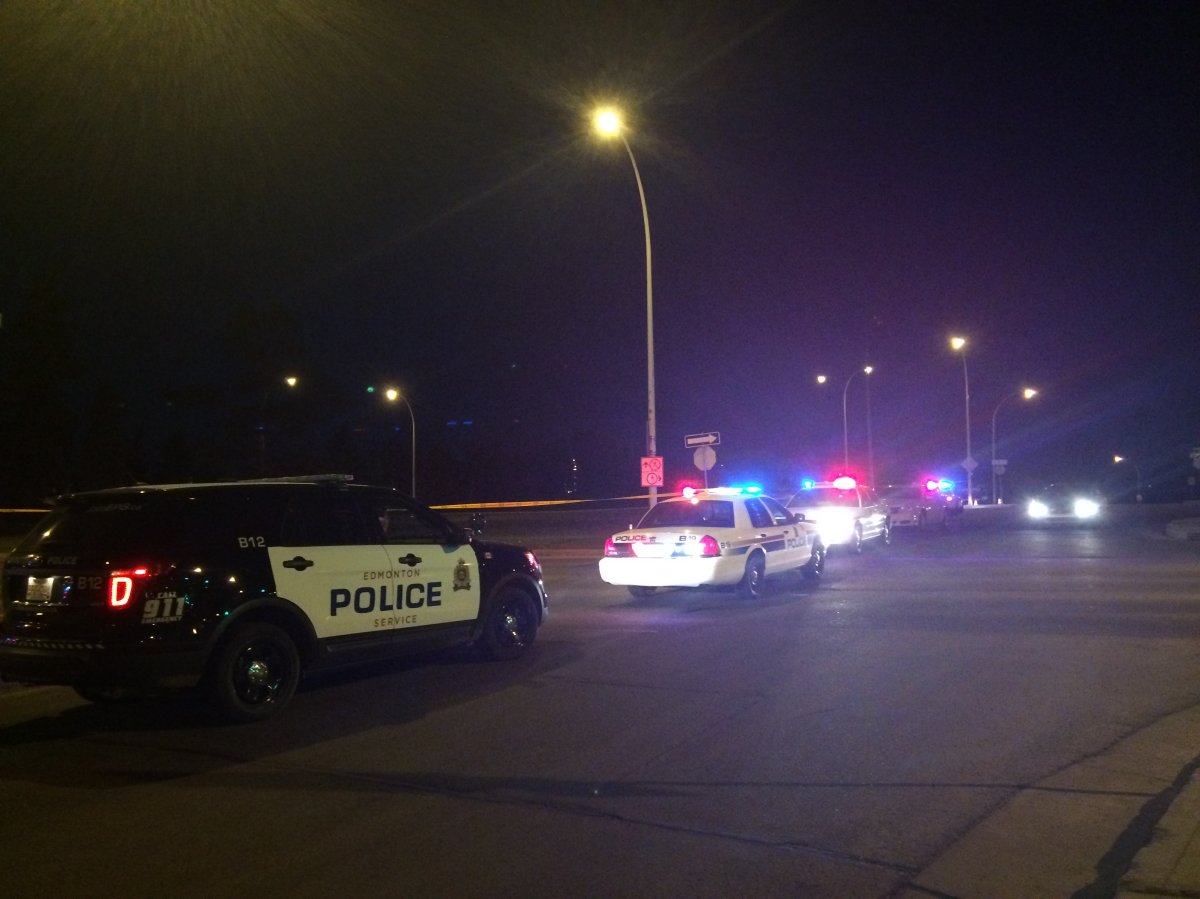A judge wants officers in Alberta to have more training to deal with vulnerable citizens after a fatal police shooting during a traffic stop in northeast Edmonton.

Michael Perreault had a long history of mental health and addiction problems when Edmonton police pulled him over in May 2015.
It happened near 118 Avenue and Abbottsfield Road, where two officers pulled over a vehicle on an impaired driving call.
READ MORE: Suspect killed in Edmonton police shooting had sawed-off shotgun
A fatality inquiry heard the 31-year-old refused to get out of his car, pulled out a sawed-off shotgun and wounded one officer in the leg. He then aimed his gun at a second officer who shot him in the head.
The Alberta Serious Incident Response Team determined the officer was justified in the fatal shooting and would not face charges.
READ MORE: Police watchdog finds Edmonton officer justified in shooting death of driver
Provincial court Judge Jody Moher recommends in a report that police get crisis intervention and de-escalation training to help people with mental health and addictions issues.
She also wants police to review recommendations, including a “zero death goal,” that stemmed from the fatal shooting of Sammy Yatim in Toronto in 2013.
Another report to be released later this year about 10 fatal police shootings in Calgary in 2016 is also recommended reading, Moher said.
She further suggested there be ongoing vigilance, monitoring and education for heath-care workers regarding the misuse of opioid pain medication.
“Michael David Perreault was a man in crisis, with a long history of mental health issues exacerbated or precipitated by both prescription and illegal drug abuse,” wrote Moher.
Perreault’s father told the inquiry he believed doctors contributed to his addiction and records revealed that in the year before his death he saw physicians more than 55 times. He had a long history of pain complaints related to vehicle crashes and work injuries.
More than one doctor refused to see Perreault or refill prescriptions for opiates because they believed he was “double doctoring,” said the judge.
- Man in critical condition after setting himself on fire near NYC courthouse
- Arrest made after police issue emergency alert about ‘dangerous man’ in Bible Hill, N.S.
- 3-year-old Elijah Vue still missing: Man pleads not guilty to child neglect
- Closing arguments presented in Michael Gordon Jackson abduction case



Comments